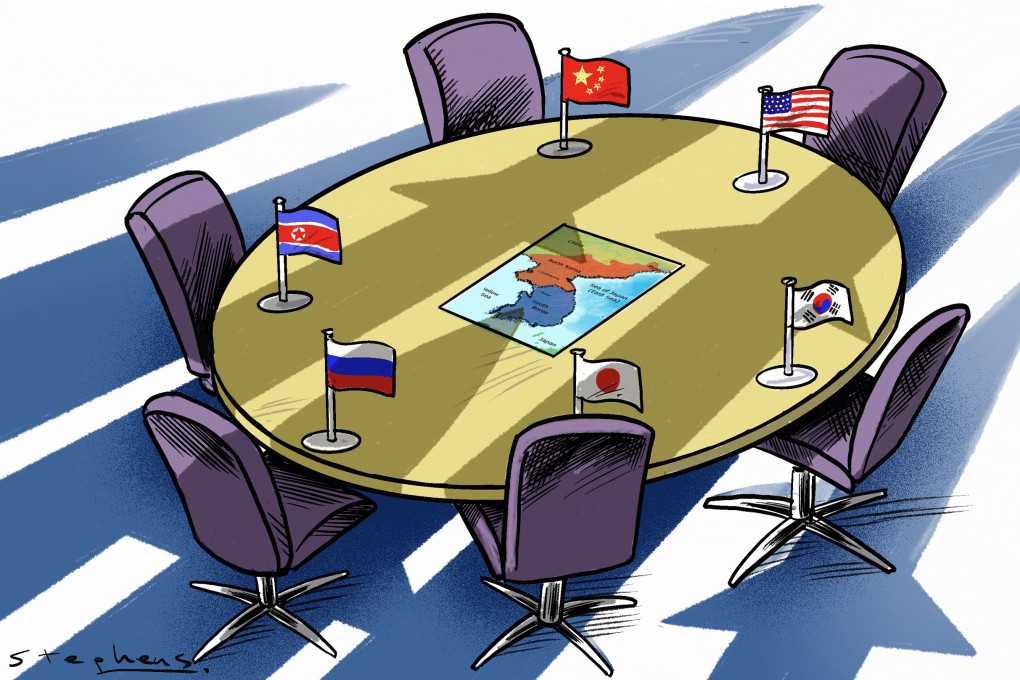Advertisement
Opinion | North Korea crisis: six-party talks the only way to avert nuclear war
- Anti-proliferation mechanisms that once kept nuclear ambitions in check are failing as the old global order crumbles
- The North Korean nuclear impasse is part of this trend, and cannot be resolved without multilateral talks that take into account divergent interests
Reading Time:4 minutes
Why you can trust SCMP
4

One dangerous consequence of the disintegration of the global security system is the growing threat of nuclear proliferation.
To prevent proliferation, there should be a minimum level of mutual trust among the great powers. Such trust is absent today, which deters joint action even when it is in their common interests.
For instance, to deal with Iran’s nuclear programme, great powers need to reach a consensus on the stalled 2015 agreement to limit the programme. But the Joint Comprehensive Plan of Action is eroding in front of our eyes. Many in the West fear that, as time passes, Russia and China may become more open to Tehran obtaining nuclear weapons.
Advertisement
Similarly, North Korean leader Kim Jong-un’s recent visit to the Russian Far East, to meet President Vladimir Putin, has sparked intense speculation that Moscow may have dropped its opposition to Pyongyang obtaining nuclear weapons. Worse, it may even signal that Russia has agreed to assist North Korea in developing the latter’s nuclear and ballistic capabilities.
The threat of proliferation comes from other directions as well. Many experts believe that the purchase of nuclear-powered submarines by Australia from the US and UK will inevitably erode nuclear proliferation safeguards. And South Korean President Yoon Suk-yeol, for one, has floated the possibility of his country acquiring nuclear weapons.
Advertisement
Meanwhile, the outcome of the conference last year to review the Non-Proliferation Treaty was a disappointment; four weeks of deliberations in August failed to result in a consensus among participants.
Advertisement
Select Voice
Select Speed
1.00x
